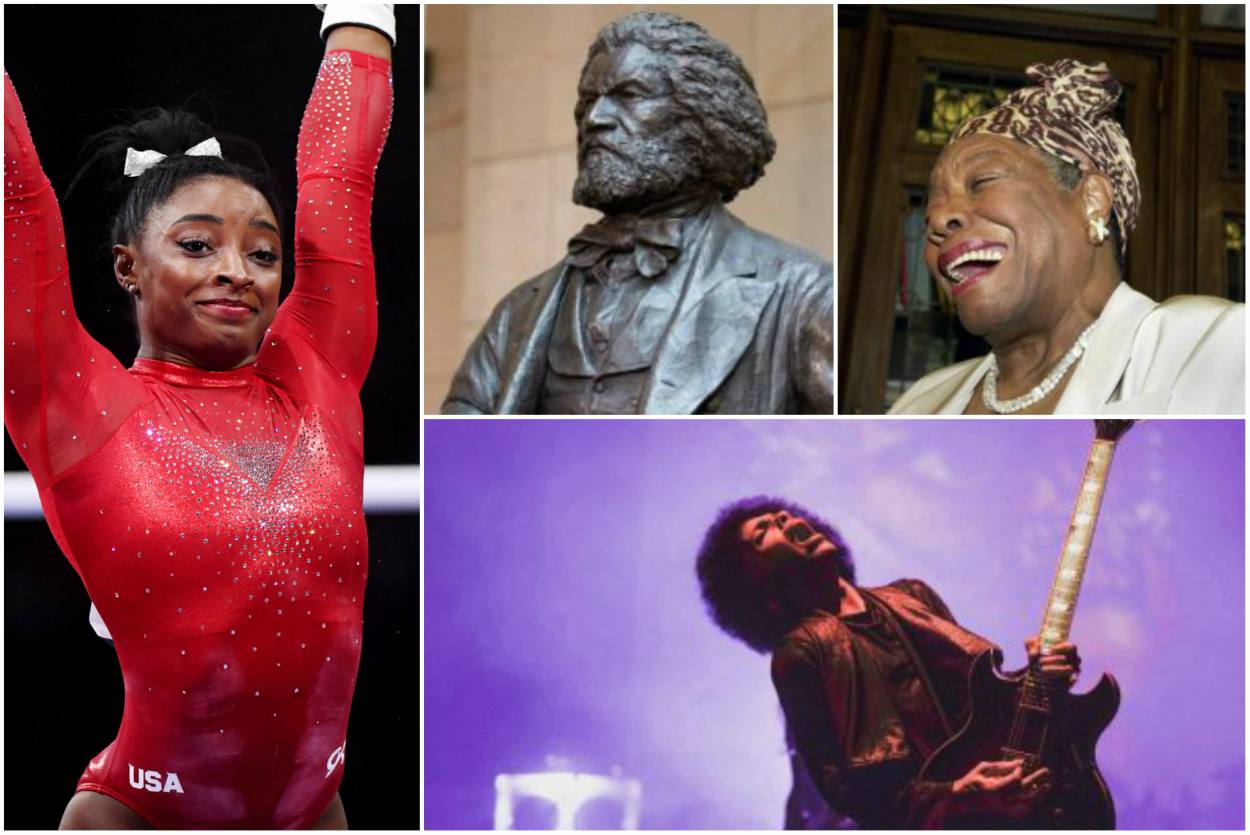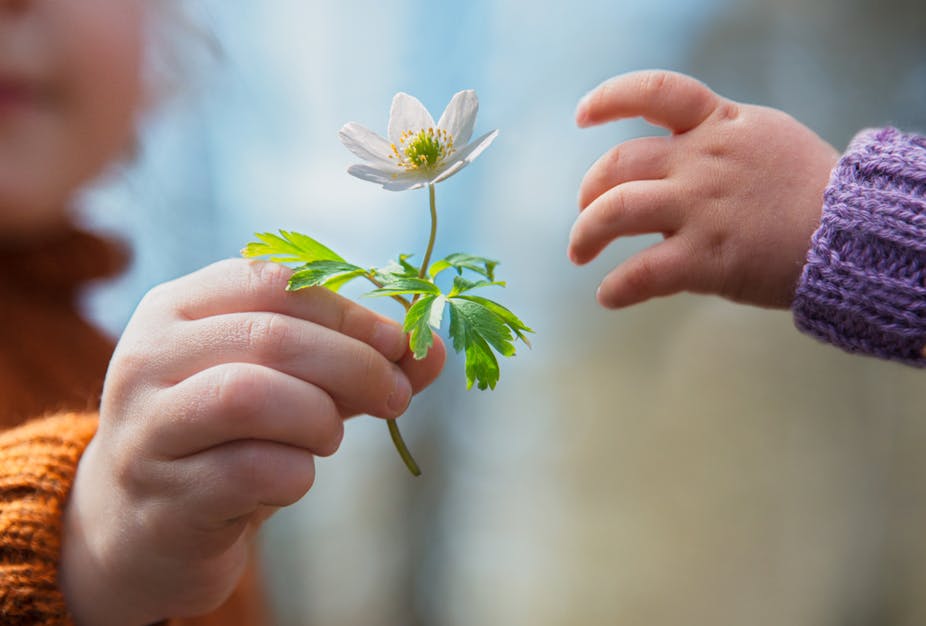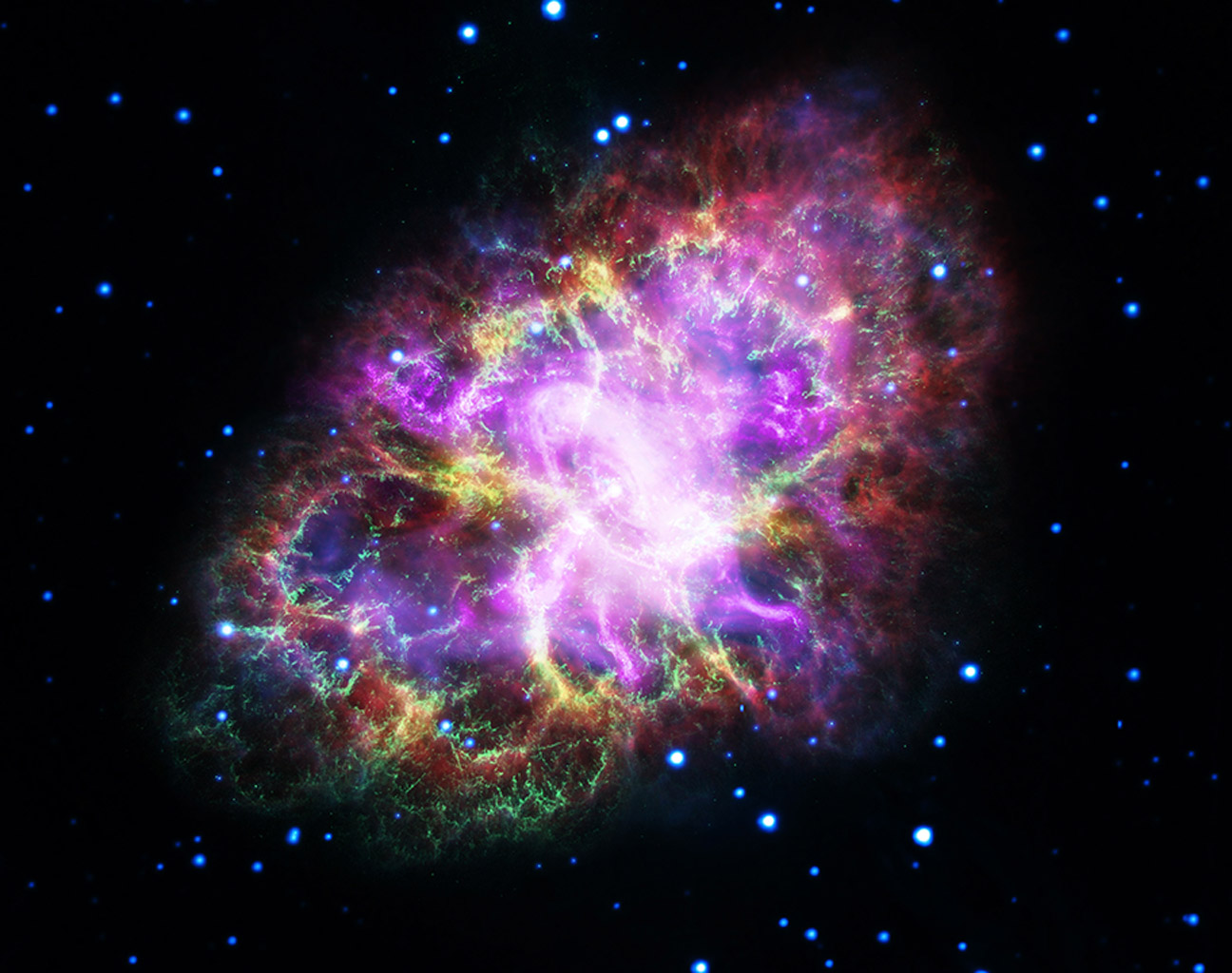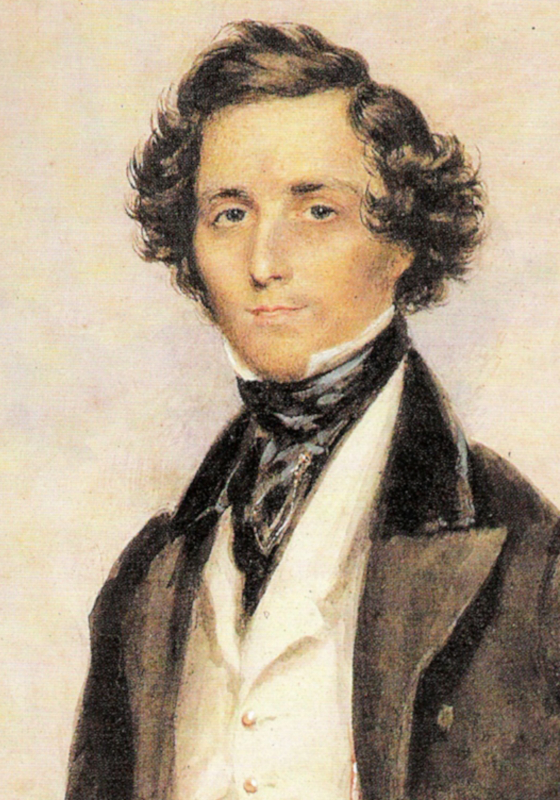 What are we to make of the desert? Last week, I led a group of students on a camping and hiking trip to Death Valley National Park. I began our first campfire together by underscoring the power of the desert in human spirituality. Whether one is a believer in God, nature, presence and being, the fact of the cosmos, or some combination of these, we can all learn from the desert. With its vast stretches of emptiness, a bitter and stark emptiness that spreads for miles and miles and miles across mountain and valley and the occasional river and stream, and its ability to separate us from all notions of normality, the desert speaks to us of the power of desolation, the incisive power of desolation to render us more deeply human.
What are we to make of the desert? Last week, I led a group of students on a camping and hiking trip to Death Valley National Park. I began our first campfire together by underscoring the power of the desert in human spirituality. Whether one is a believer in God, nature, presence and being, the fact of the cosmos, or some combination of these, we can all learn from the desert. With its vast stretches of emptiness, a bitter and stark emptiness that spreads for miles and miles and miles across mountain and valley and the occasional river and stream, and its ability to separate us from all notions of normality, the desert speaks to us of the power of desolation, the incisive power of desolation to render us more deeply human.As countless writers, religious or not, have observed over the centuries, it is often in desolation that we find our most fundamental truths. Shorn of our customary appurtenances, stripped of our regular sensibilities, and rubbed raw by an arid and unforgiving landscape, we have opportunity, opportunity we do not have otherwise, to see what we usually do not see. We no longer use a filter. We peer into the depths, the uninterpreted depths of the creation.
And we come to know essence, the essence of time, space, and reality, in a way we would otherwise not. We also come to know ourselves. We see, in a profound way, who we are, creatures of magnificence and grandeur, yet creatures whose foundations rest in movements and forces beyond our earthly comprehension. We are dust, absolute dust
Yet we are dust in a drama, a vast drama, a narrative and story of a purposeful cosmos.
Otherwise, what is life all about? It's hard to miss God in the emptiness of the desert.








